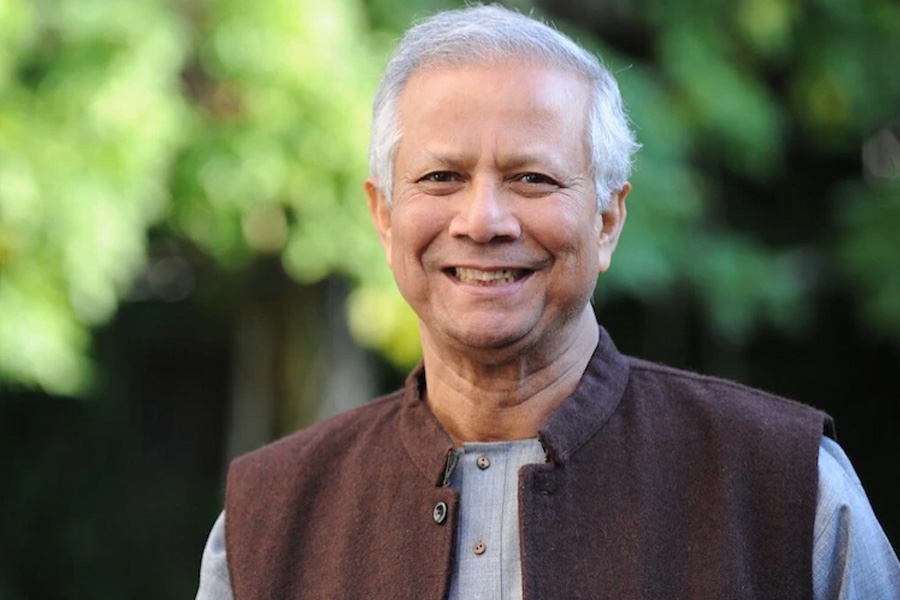
With the ouster of Sheikh Hasina, the interim or the new government might change the existing laws or adopt new regulatory measures that may adversely impact Indian capital.
Author
Prabhash Ranjan, Professor and Vice Dean, Jindal Global Law School, O.P. Jindal Global University, Sonipat, Haryana, India.
Summary
The dramatic developments in Bangladesh that led to the resignation and fleeing of its former Prime Minister Sheikh Hasina have created a political vacuum and, thus, uncertainty in India’s eastern neighbour. Besides the political and diplomatic fallout of this crisis for India, another significant aspect is how this will impact Indian companies operating in Bangladesh. Indian companies have invested in Bangladesh in sectors such as edible oil, power, infrastructure, fast-moving consumer goods, automobiles, and pharmaceuticals.
Despite political opposition, the Sheikh Hasina government rolled out the red carpet for Indian investors and adopted several measures to invite them, such as starting designated special economic zones. Unhappy with India’s alleged support of Ms. Hasina’s regime, her opponents launched an “India out” boycott movement targeting Indian goods.
Since Ms. Hasina is no longer in power, the interim or the new government may adopt a hostile attitude towards Indian companies. It might change the existing laws or adopt new regulatory measures that may adversely impact Indian capital. What options do Indian businesses have in such an eventuality?
Published in: The Hindu
To read the full article, please click here.

